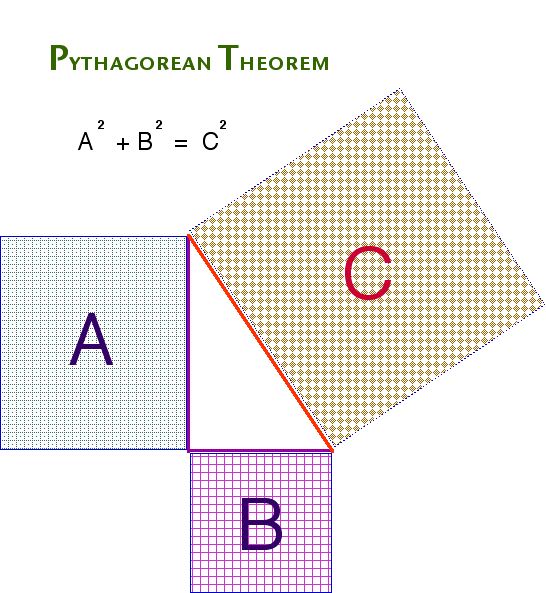
Revolutionize
The scientific revolution (1543-1687):
An inquiry into the adequacy of any one means or method of attaining knowledge.
Revolutionize means
To alter completely form the Revolution of Heavenly Bodies
" de revolutionibus orbis "
Copernicus (1543) is the first time the term "revolution" is used to describe the Earth's annual movement.
The
brain perceives our surroundings and is
therefore trained to conceive of the universe.
To imagine & envision a universe in the mind
Alter how we think about the order, origin, character and behavior of the material conditions of existence.
Consecutive Revolutions in worldviews:
Copernicus (1543), Galileo (1609), Kepler (1610)Heliocentric worldview
mathematical heuristics
Newton (1689 - 1703)
Mechanistic worldview
Laws of motion are Keplers (1610)
Darwin (1859 - 1871)
Organic worldview
natural selection & sexual selection
divergence from a common origin (ancestors)
Einstein (1905 - 1915)
Quantum-relativistic worldview
quantum “reality”
General & Special Relativity
Details
Revolutions in the scientific understanding of existence
1. Introduction:
We are voyagers, together on a tiny, tethered yet turning ball of star residue.
A. defining terms Revolution
the abrupt change in basic ideas, whose pattern of relations form the underlying order, in any discipline.
Ai. literally - Newtonian 1680s, Darwinian 1860s, Einstein 1920s
a. internal view, who held leading theories and how they were challenged, defended and altered in the experimental & theoretical realms.
b. external view, the prevailing events, ideas, people and social movements that shape a culture or disturb a society over time.
bi. social influences on scientistsCalvinist Puritanism on Newton
Thomas Malthus & Adam Smith on Darwin & Wallace
bii. scientists ideas that influence societyNewton’s “mechanistic” ideas
Spencer’s & Fisk’s “social Darwinism”
Kropotkin’s & Ward’s “reform Darwinism”
Batesons’ genetics on Galton’s “eugenics”
Aii. figuratively: watersheds; divides; milestones, markers stand for
the means by which vast intellectual chasms erupt dividing us from our ancestors and altering our interpretations, impressions and translations of the physical and biological conditions of existence from their beliefs.
“Wilderness is a metaphor of unlimited opportunity. . . . not just the body but the spirit”
B.sequencesBi. past Charles Darwin & Alfred Wallace (1859)
Bii. recent James Watson, Francis Crick, Rosalind Franklin (1953)
Biii. current E. O. Wilson & Ernst Mayr (1980s)
2. Case & Content: species & individuals are a taxonomic problem that won’t go away.
A. “English Trio” -- Darwin, Wallace & Huxley -- variation & common descent
B. “Bionic Quartet” --Wilkins, Franklin, Watson & Crick, DNA structure.C. Contemporary Quintet --Wilson, Mayr, Schaller, Margulis & Gould -- genetics, five kingdoms, mismeasurement, speciation, sexual selection & extinction.
3. Commentary: Wilson argues that the crucible of life is resilient because it has more than one adaptive strategy to deal with opportunities arising from the differential reproductive and survival rates of the biotic communities members. (ecosystems)
4. Conclusion; Earthly life is a self-perpetuating assembly constantly altering and being altered by the surrounding materials of existence. Wilson
5. Lesson: “What we do to the earth, the seas, the skies and the wildlife we do ultimately to ourselves and one another because reciprocity is a fact of existence.”
Siry
Society | Dimension | Genetics Index | Geology | Global Warming | Nature | Population | Science Index
Technology index
landscape index
words index
photograph index